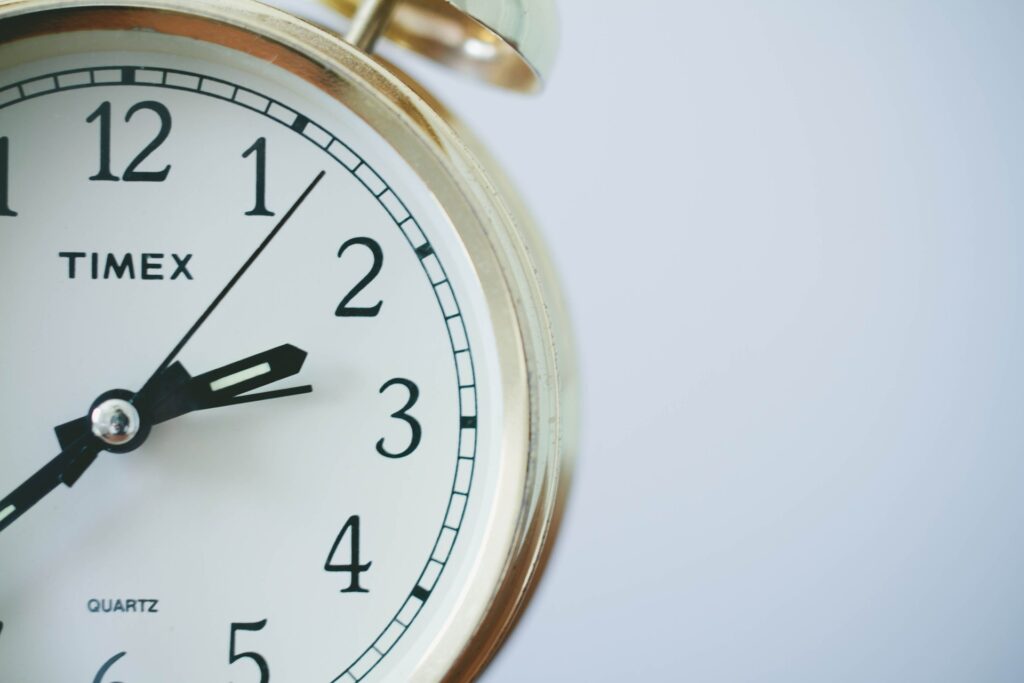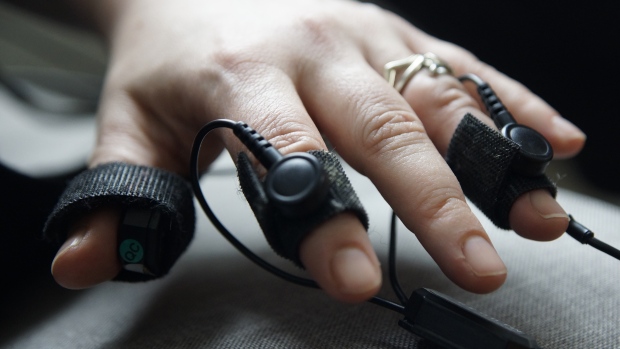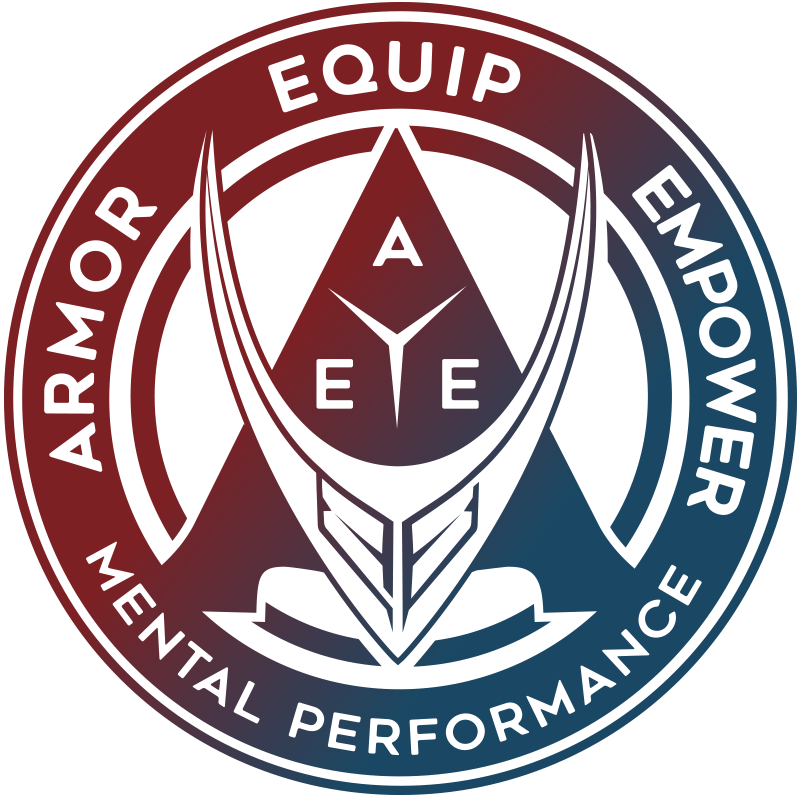What is self-regulation?
There are two forms of self-regulation; behavioral and emotional. Behavioral self regulation entails acting in accordance with your goals and values. For instance, you may find it difficult to get up early in the mornings to jog but do so because you want to improve your fitness and health as those are values of yours. Emotional self-regulation is the ability to respond to the ongoing demands of an experience with the range of emotions in a manner that is sufficiently flexible to delay spontaneous reactions as needed and appropriately manage disruptive emotions and impulses. Simply put, self-regulation is the control of oneself, by oneself. This also entails controlling the impact that thoughts may have on you as they come flooding in during intense situations.
In much of our work, we seek to promote self-control and self-regulation. The research shows us that self-control/regulation allows for the performance flexibility to adjust and respond accordingly in the most stressful of situations, not necessarily in the sense of taking time to meditate while performing critical tasks but in quick, immediate, sometimes subtle responses such as one breath only for proper composure. When focused on the outcomes that we CAN’T control, we often miss focusing on self-regulating our physiological state (which we CAN control by tapping into our para/sympathetic nervous system). Effective self-regulation can significantly contribute to the desired outcome we seek. Much in the same way that self-regulation has positive impacts on other aspects such as medically to help reduce blood pressure or to help improve some developmental handicaps, mastering self-regulation can also vastly improve our performance by allowing for appropriate response when it matters. In our previous post on How mental readiness and psychological resilience optimize performance, we mentioned what we call the elements that promote self-regulation. These are the elements both individually and collectively that help create and maintain a ready and resilient state for optimal functioning when it matters. These elements include awareness, control, and flexibility from the individual perspective.
The Benefits
Improved self-monitoring
Implementation of “skills” instead of “pills”
Self-regulation requires the implementation of skills instead of pills. For example, current nonpharmacological interventions for insomnia include cognitive therapy, relaxation training, cognitive behavioral therapy for insomnia and sleep hygiene education which are all considered self-regulation strategies. Of these interventions, cognitive behavioral therapy, sleep hygiene education, and some biofeedback implementations have proven to be most promising as far as yielding effectiveness thus far in Veteran populations. This speaks to the effectiveness of mastering self-regulation skills and the impact it can have on improving sleep disorders. Sleep is extremely important as we covered in our previous blog post.

Modifying environment accordingly
This is more of a cognitive modification to the environment which then allows you to physically appropriately modify your environment and optimize performance. As you experience, stressful situations that cause some fusing (identification – see Mindfulness Practice for Self-Regulation and Resilience Resource Room) with negative thoughts, feelings, and emotions, bringing awareness to those reactions provides us an opportunity to create some distance between the stimuli and our response. Self-regulation is the path to that appropriate response.

Chaos outside, order inside - you become an impact instead of effect
Self-regulation allows you to maintain a calm and composed state within the most stressful of situations. This promotes the performance flexibility we spoke to in our performance flexibility blog post. This allows you to respond accordingly rather than react due to arousal taking over when the situation becomes stressful. Thus, you can make a more productive impact instead of exacerbating the situation further. Additionally, self regulation allows for proper recovery as well, creating more order inside as one prepares for subsequent performance.
All leading to Improved performance
How to improve your self-regulation skills
Intentional practice
Imagine self-regulation as equivalent to winning an important game. Much like in basketball, in order to increase the chances of hitting the game winning shot players consistently practice hundreds of shots from multiple positions on the court. Much like in hockey, in order to increase the chances of getting the puck in the net for the game winning goal, players consistently practice hundreds of slap shots. Much like in tennis in order to increase the chances of winning the game, set, and match, players practice hundreds of forehands. Don’t stop after one week of practice. Explore, adjust, develop overtime.
Biofeedback training

Mindfulness practice
Lastly, the implementation of biofeedback training more effectively promotes mindfulness. Mindfulness can be achieved without biofeedback as well. More on mindfulness in our website here. We often connect the application of mindfulness to resilience. We promote its use within the recovery process to non-judgmentally check-in internally post high-stress performance. It involves “paying attention in a particular way: on purpose, in the present moment, and non-judgmentally” (Kabat-Zinn, 1994). This approach allows the individual to focus in on internal feedback more immediately to distinguish between what they can control and cannot control and apply change accordingly (ideally to what can be controlled). This guides the trial-and-error process underlying self-regulation. Through shifting focus to the controllable aspects of optimizing one’s performance, this helps to prevent some of the detrimental perceptions that may follow undesirable outcomes and allow the individual to better tune in and process desirable outcomes in order to replicate those performances in the future.
Self-regulation is critical for so many various aspects of our lives. We encourage you to check out our other posts as well as some of the self-regulation strategies we provide on our website. Think how you improve or maintain your self-regulation and what works for you. And always remember – PRACTICE! PRACTICE! PRACTICE!

